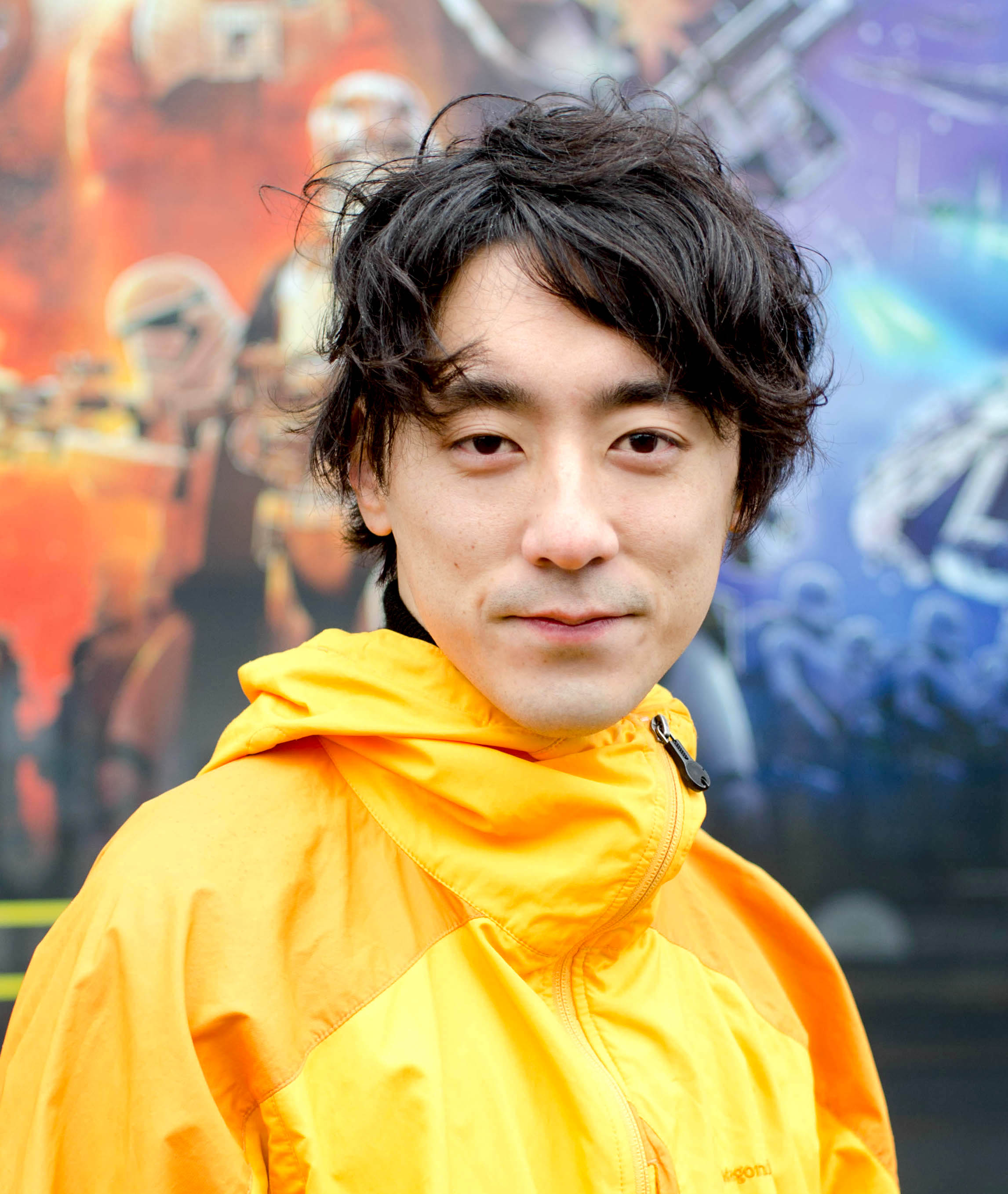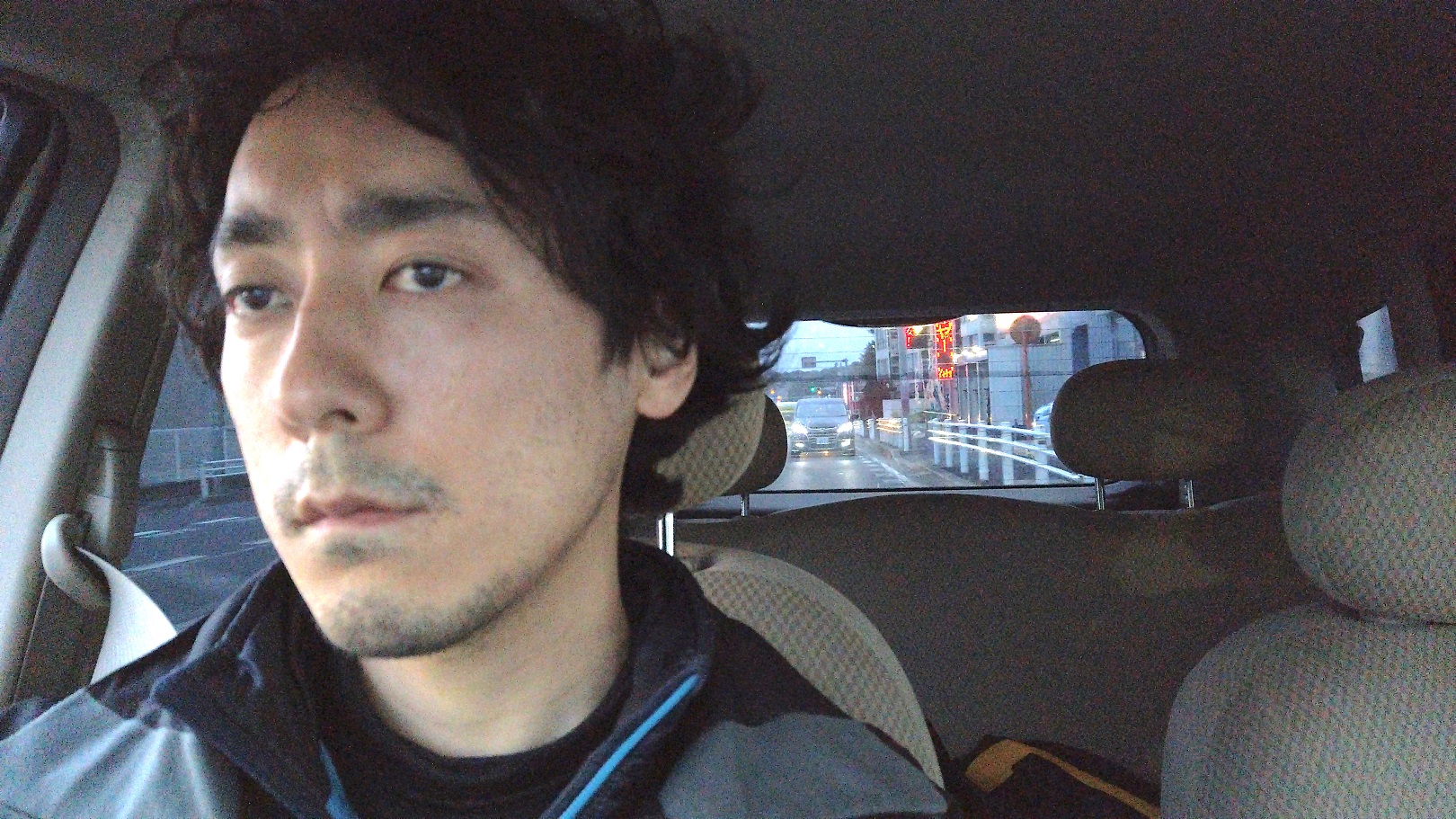DMZ Industry Projects
ROUTE 6
YAMADA Toru
- Japan
- 120min
- DCP, mov
- color
Synopsis
Since the nuclear accident in 2011, I have been making films at Fukushima. When I go there, I drive on Route 6 from Tokyo. When I reached Chiba after driving through high-rise buildings, I saw McDonald's and convenience stores. It was a very ordinary view of a national highway. In Ibaraki, Hitachi factories and abandoned coal mines tower, and the industrial complex that had contributed to Japan’s modernization spreads. Leaving the industrial park behind, I saw that the number of farmlands that serve as urban food supplies began to increase, and then the car reached the coastline of Fukushima where the post-tsunami recovery work is still continuing in full swing. Passing the signboard ‘difficult-to-return zone,’ the air seems to change. In the town, the windows of convenience stores and video game parlors are dark. Driving ahead through frozen time, I arrived in an open field covered with mountains of black flexible container bags. As I glanced towards the Pacific Ocean, the abandoned nuclear plant was appearing from the top of the forest. Taking Route 6 north for 8 hours from Tokyo, I can perceive the nuclear disaster - an outcome of accelerating modernization - as something of my own problem, though the earthquake has been forgotten from people's memories. The Tokyo Olympics has been postponed to 2021 due to the coronavirus pandemic and Tokyo is in a state of confusion right now. What is the meaning of richness? What is the dignity of life? I will go on Route 6 journey to find these answers, again. People I met in the nine years since the earthquake, encounters, and partings, memories of the disaster, and changing landscapes. This film reflects the post-pandemic Japan for the Tokyo Olympics through the story of Route 6.
Review
The philosophy of the Tokyo Olympics, postponed by the coronavirus pandemic, was to show the world the solidarity of Japanese society that had recovered from the 2011 earthquake. The urban people, however, who have bought up living supplies, and the politics of pursuing economic recovery by ignoring human life, and the weak who have lost their homes and jobs are no different from the situation of the Fukushima nuclear accident nine years ago. The cities and the rich are saved, and the victims are the rural areas and the poor. Route 6, the road connecting from Tokyo to Fukushima, is filled with the negative history of modern Japan, that features nuclear power plants, coal mines, agriculture, forestry and fisheries, migrant workers, and nuclear refugees that have been exploited for the development of urban civilizations. In this film, the voice of the weak, forgotten from the big story of history, is represented. That voice will ask the world what the true meaning of the phrase ‘recovery Olympics’ really is.
Director
-

YAMADA Toru
